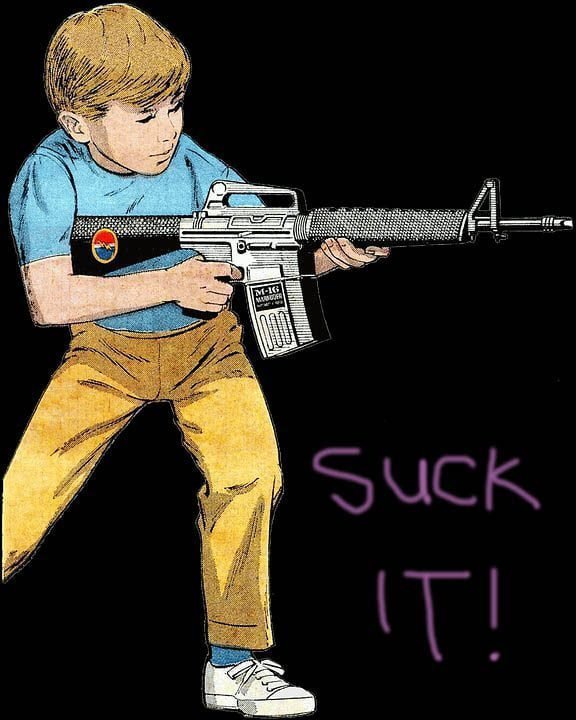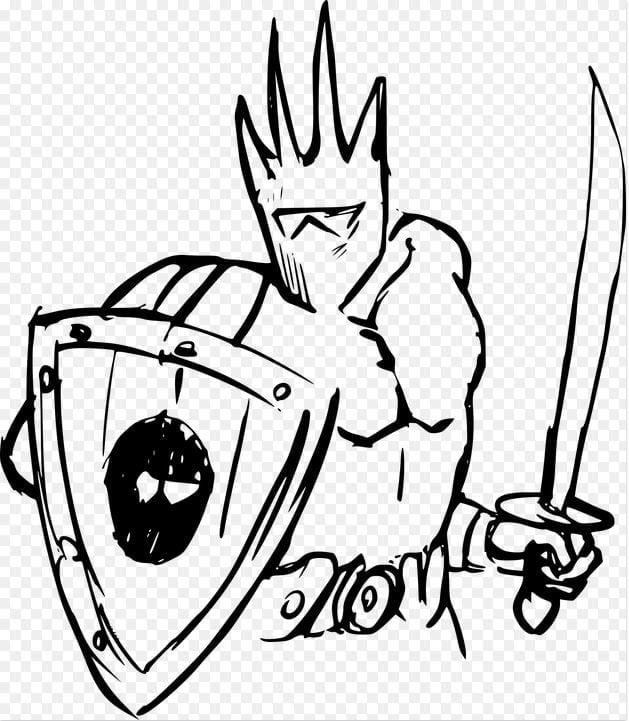As an MMORPG enthusiast who enjoys peeking into human psyche, I’ve often found that MMOs are perhaps one of the greatest platforms for conducting experiments and observing the many personalities humans possess. Quite frequently, I’ve heard it suggested that MMOs harbor toxic environments, rife with trolls and bullies, especially in guild culture. In this article, I’d like to examine any truth to those statements, and whether MMOs are uniquely conducive to toxicity, or simply a medium of extending our true-life personalities into virtual worlds.
Multiplayer games provide an astounding look into sociodynamic behavior – players who are thousands of miles apart, bonding or dividing over common creeds and goals. For example, players in MMOs can form groups called “guilds”. The actual mechanic name may vary depending on the MMO — they’re called cabals in The Secret World, for example — but guild is the general term. Generally speaking, they’re simply a way for players to form permanent groups, and often revolve around common causes – related to gameplay or not. I’ll explore that latter scenario later in this article.


The size of guilds can range from a handful of players, to several thousand – the largest corporation in Eve Online has 11,880 members as of writing. Interestingly, online games didn’t have guilds in the early days, because there were too few players. The earliest online games, known as MUDs, did have them; but the concept was seen as just another differentiator, in the same way that idiosyncratic healing strategies or the presence of currency were. There weren’t friends lists: the games were so small that you knew everyone anyway.
Today, guilds serve to divide the player base into smaller organizations. However, it’s been posited that they may hinder game immersion – owing to drama, elitism, and a general level of toxicity. Because there are real people behind the screens, real life biases can and often crop up in these social environments. I’m not speaking simply of online bullying, though this is often a major contributor.
Take for example Houses in the online game Achaea. Because Achaea is highly role-playing enforced, the guilds revolve around in-game fantasy concepts, such as protectors of Nature, or evil knights in service to Lord Sartan. Players join these guilds to expand their character’s story, to take part in enhanced roleplay, to leave real life behind and engage in a fantasy world. Yet more often than not, players complain of elitism, bullying, and out-of-game communication channels where players gossip about each other’s personal lives, and then bring these biases into the game itself.


Now what’s truly fascinating is that in games without hardcoded methods of forming player-organizations, people do it anyways. Take a look at Agar.io – an extremely simple yet popular online game. It is fairly devoid of plot, storyline, or any sort of hardcoded mechanics that would reward player groups. The goal of the game is to grow your cell, represented on screen as a colored circle, by feeding on pellets and smaller players. It is a literal free-for-all, with no mechanics for player grouping.
Ironically, players found ways to divide themselves into teams – through online names or cell colors. In fact, Agar.io became a center of political advocacy during the 2015 Turkish elections. Players were naming themselves according to political affiliation, and grouping up to battle players on the opposing spectrum. This highlights an obvious, yet intrinsic value hardcoded into the instinct of mankind – the desire to form like-minded communities. As Plato suggests, unless human persons congregate in groups, they could not survive, or if they could survive, they could not go beyond a minimal, animal kind of existence.


It’s worthwhile remembering this when considering whether or not guilds in multiplayer games are responsible for toxic environments. This piece on MassivelyOP, titled “Dealing with Toxicity in MMO Communities”, reached out to game developers, asking how toxic behaviours could be minimized in MMO games. The majority of responses focused on different aspects of the root causes of toxic behavior – competitive gameplay, the anonymity of the internet, and ultimately human nature. The responses seemed to reach the same conclusion; that humans are inherently toxic towards one another, and only extreme community moderating can begin to solve the problem.
The idea of competitive gameplay as the root of toxicity is an interesting theory, however. Because competition is indeed ingrained into the very cores of evolution. Without competition, there would be very little reason to evolve as species – and while “peace on earth” may be a desirable dream for mankind, it’d make for extremely boring gameplay. In fact, real world history remembers the conquerors – the Genghis Khans, Alexanders, and Napoleons of the world. Were Genghis Khan an MMO player today, he would certainly be accused of “trolling” and “toxic attitude”, as he raped and pillaged his way across game servers, with his guild of Mongolians. And yet, isn’t that the point of MMO gameplay, to a degree?
I know I’ve seemingly veered off into a separate subject than the sociodynamics of MMO organizations, but perhaps not – because as long as we retain that “conqueror” gene, that basic human instinct to categorize ourselves into like-minded groups with the goal of expansion, organizations will always be an element of multiplayer games, hardcoded or not, for better or for worse.
Thus, I posit that MMOs are not uniquely conducive to toxic environments, because toxicity already exists all around us in the real world. It’s simply that it’s easier to notice toxicity in virtual worlds, and we expect someone, like the administrators, to do something about it. Because when MMOS are seen as an “escape” from the real world, yet simply offer a mirror reflection of the real world in virtual form, it’s a very real reminder of the harsh world we live in, and thus the point of playing these games as a form of escapism becomes severely moot.


Bio: Katie Green is a passionate video game millennial with a background in writing. Currently working at CrazyGames, one of the fastest growing browser game websites in the World.



